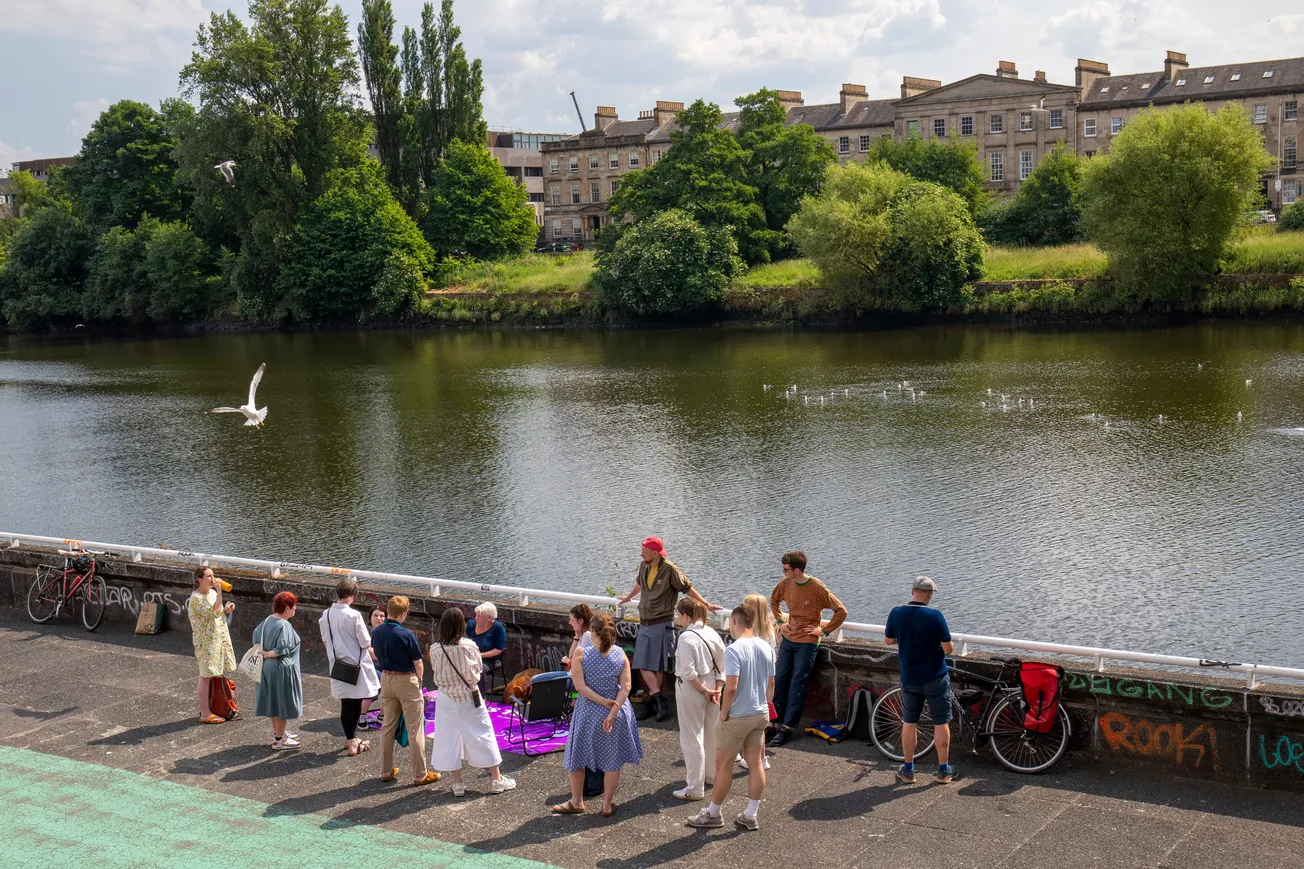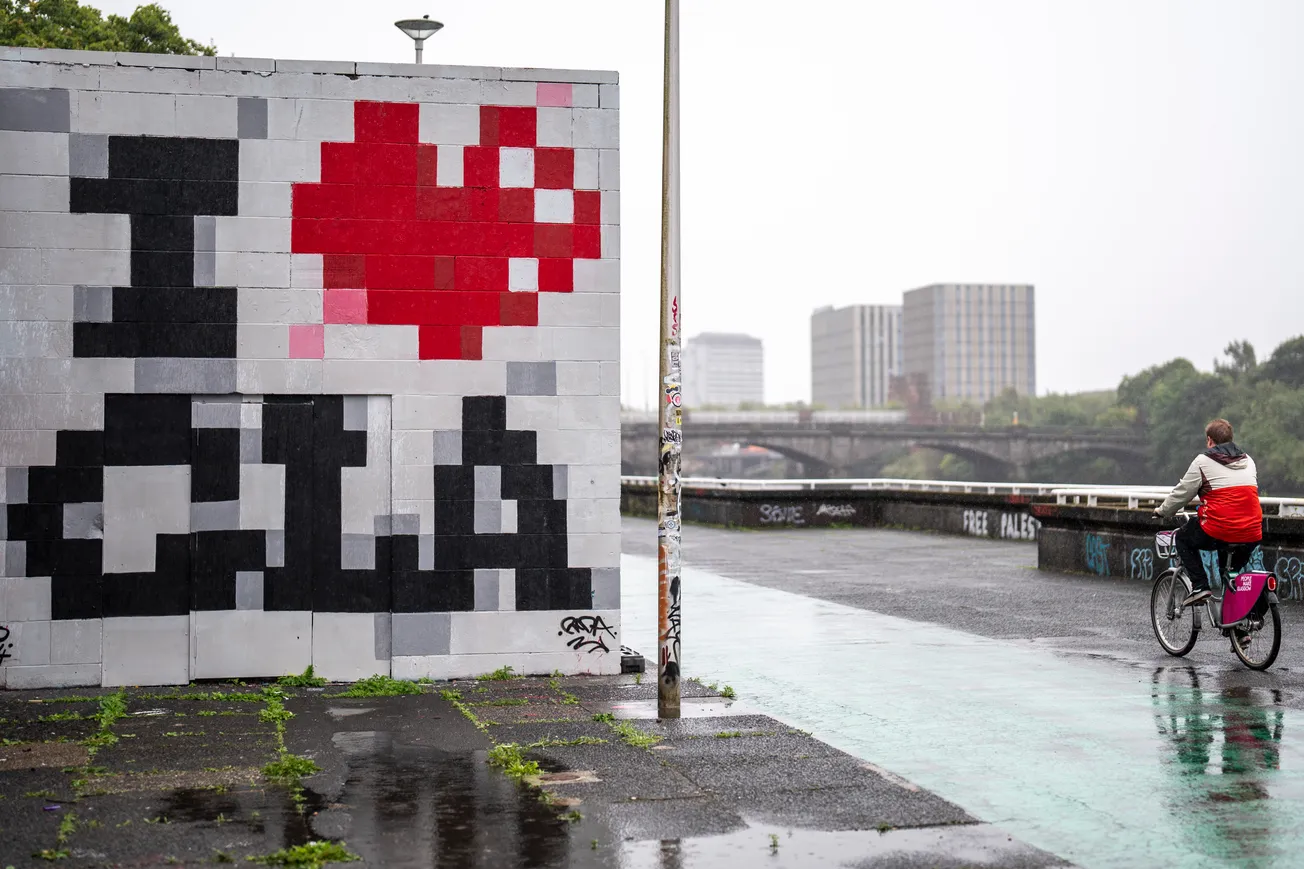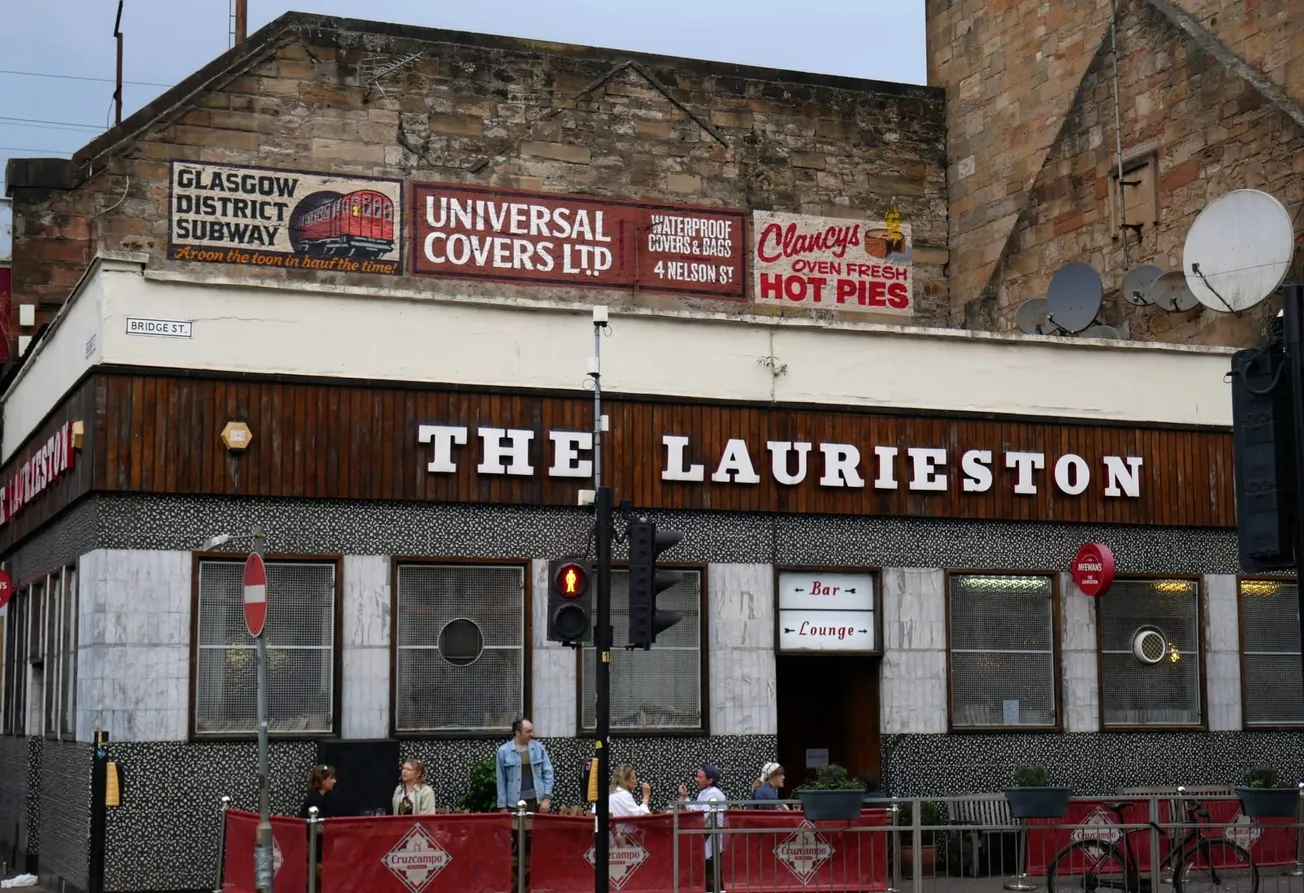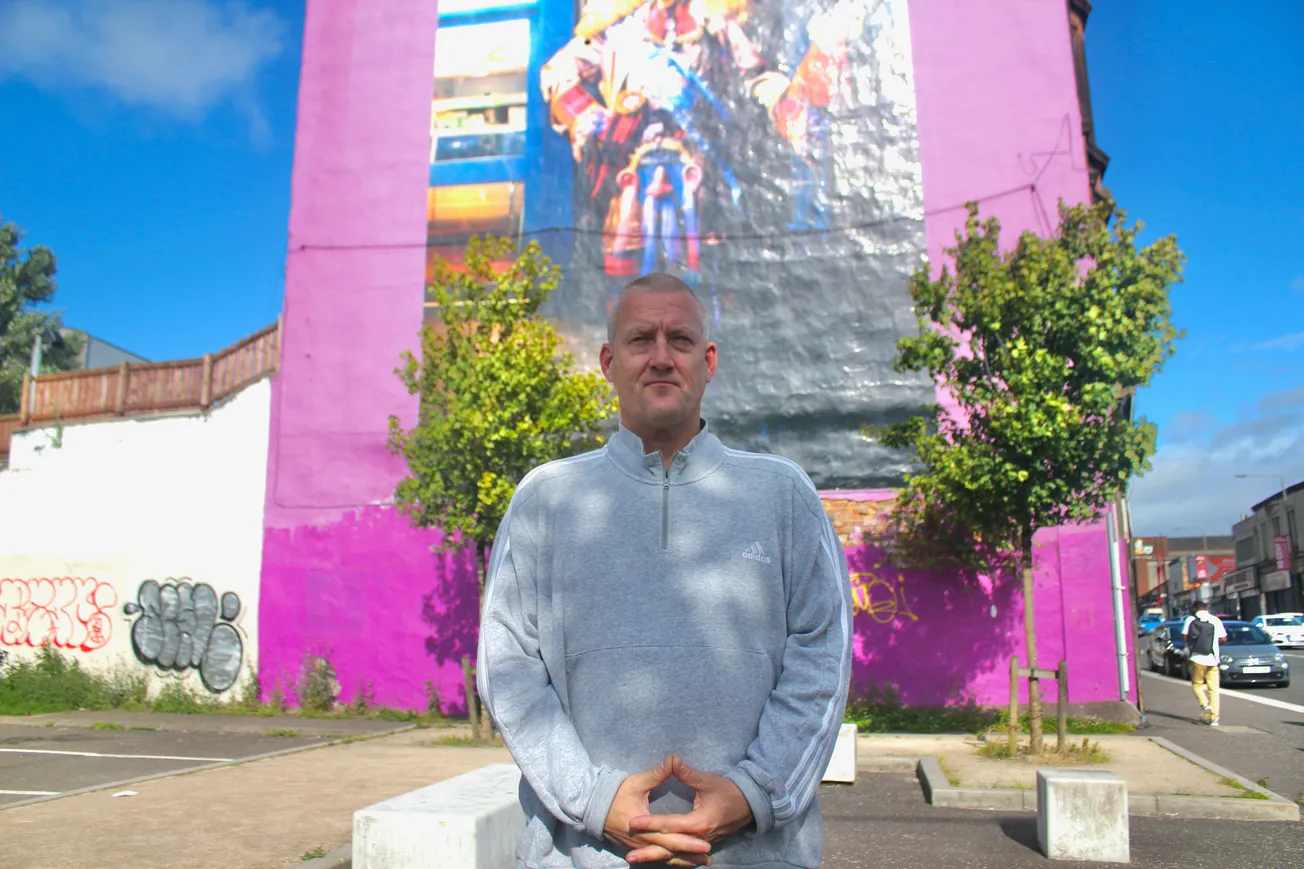It’s a gloomy Tuesday evening in the centre of town. Few are venturing out, but in a capacious architecture studio three floors above Bath Street, a room full of people are milling around. They’re drinking free wine and eating breadsticks as they wait for an event to start.
People slowly take their seats, and after some introductions, land reform campaigner Andy Wightman takes to the stage. “Rivers are vitally important, but rivers are neglected,” he tells the animated audience. “The idea of property,” he explains, “is a makey-uppy thing. We’ve made up this notion of property and ownership which is not real — you cannot own a river, you cannot own land as such. It is nature, it always has been nature and it always will be nature.”
“The rights of property and legal personality,” he goes on to explain, “are already attached to things like corporations and limited companies, which are not people, they are legal persons in the law.” Wightman is working up to the main thrust of his ‘provocation’ to the audience: asking them to “consider whether nature, and rivers in this case, need to have some legal personality.”
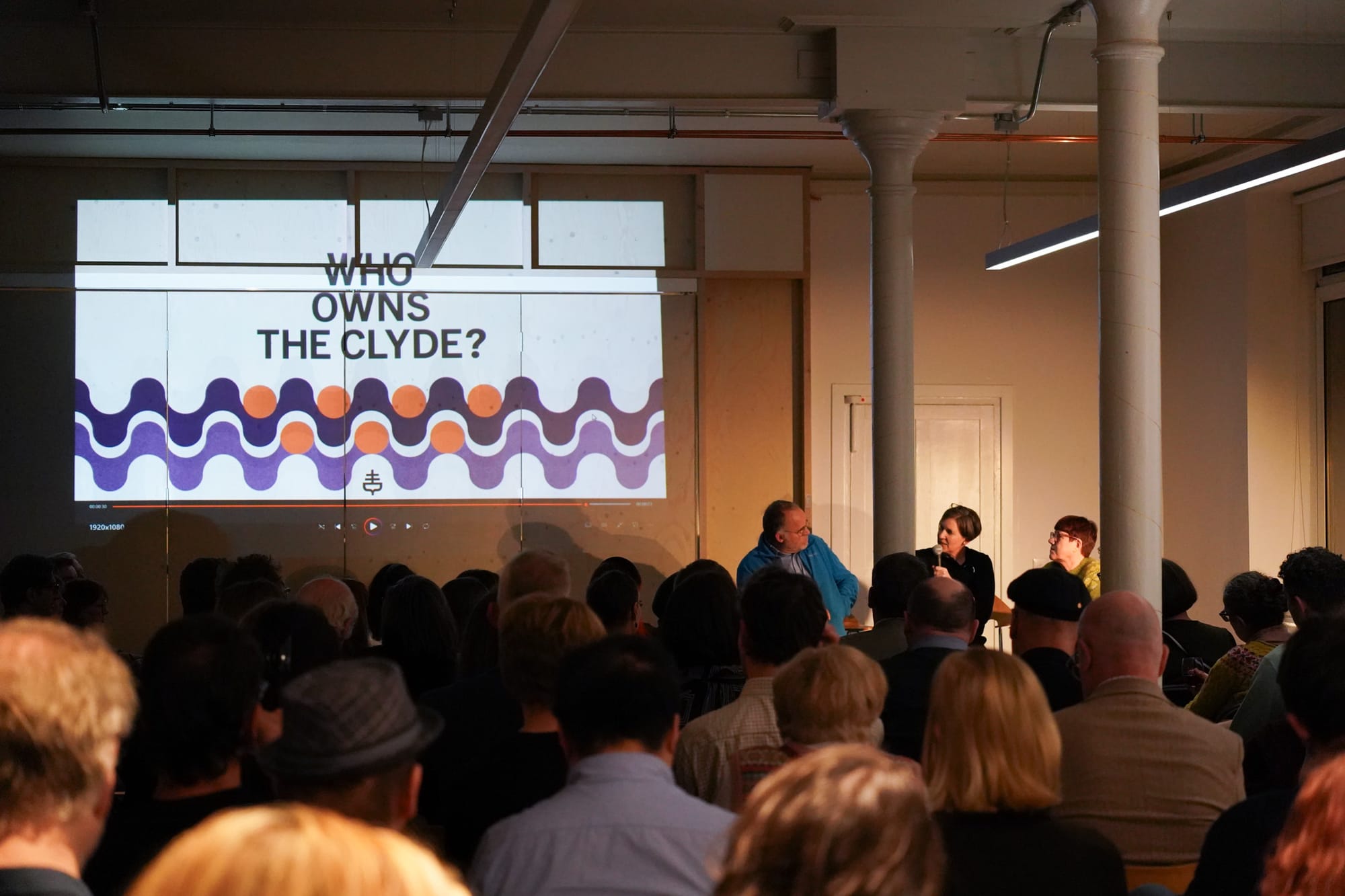
Not only is the current ownership of the Clyde deeply murky and opaque — to the point of unknowability — but the entire concept of owning a river is, to him, deeply absurd. The room full of artists, photographers, local politicians, planners and journalists discusses this idea, along with a set of three further provocations from politicians and an urban planner, at length. Following the event, the conversation spills over into the open plan office’s kitchen space and corridor. When attendees are eventually turfed out, it moves on to a bar around the corner on West George Street.
Comments
How to comment:
If you are already a member,
click here to sign in
and leave a comment.
If you aren't a member,
sign up here
to be able to leave a comment.
To add your photo, click here to create a profile on Gravatar.

